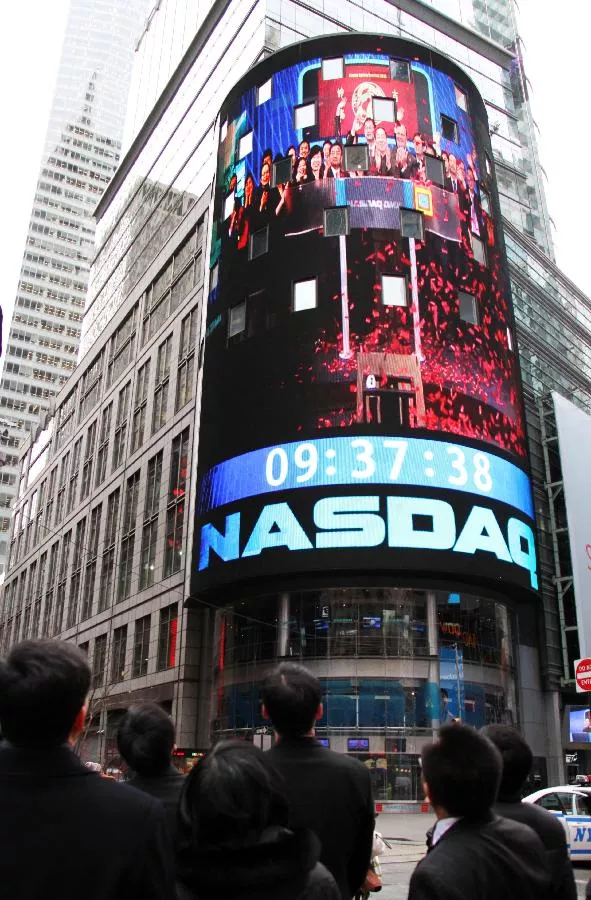With the "big release" of central banks during the outbreak of the COVID-19 in 2020, spac quickly became hot. Many companies flocked to the open market, promising investors rapid growth and profits. However, two years after the boom began, some spac companies began to warn them that they might go bankrupt with the "water collection" of the Federal Reserve.

Spac, also known as blank check company, is essentially a cash shell company. Its sole purpose is to use the funds raised by IPO to purchase high-quality targets in the primary market. If spac can find suitable targets and complete M & A transactions within 12-24 months after listing, the sponsors and investors are expected to make a lot of profits. Otherwise, spac either needs to obtain the approval of the shareholders to extend the period, or it has to liquidate and return all the funds in the escrow account to the SPAC shareholders.
According to the data of audit analytics, a research company, in recent months, at least 25 companies listed through spac during the epidemic have issued a going concern warning. When a company's auditor considers that there is "major doubt" about the company's ability to maintain operations in the next 12 months, he will issue a warning**
This year, with the tightening of monetary policy by the Federal Reserve, the market repriced growth enterprises such as start-ups, and the economic outlook was bleak under the background of policy "water collection". Many companies, especially start-ups with little income, soon found it difficult to realize their forecasts. In fact, most of the young companies listed on spac failed to meet expectations Some market analysts believe that more companies will issue warnings similar to the above because cash flow has not come in
During the epidemic period, 232 companies were listed through spac, and 25 companies issued warnings accounted for more than 10%. This proportion is about twice that of companies listed through more traditional IPO, this is related to the fact that spac is more loosely regulated than traditional IPO when listing - spac allows start-ups to attract investors through revenue and profit forecasts.
This year, regulators said they would tighten management and hope to change the rules on spac forecasts to make them more like IPOs. The US Securities and Exchange Commission (SEC) has proposed a draft legislation to strengthen the information disclosure level of SPAC, which will help spac investors get the same protection as traditional IPOs from the perspectives of information asymmetry, securities fraud and conflict of interest.
In the face of the increased supervision of the US government, Wall Street investment giants, including Goldman Sachs, Citigroup and Bank of America, intend to temporarily withdraw from the once hot backdoor listing business of SPAC. Since the beginning of last year, the three Wall Street banks have accounted for more than 27% of the SPAC transactions in the United States and underwritten about $47billion of transactions.
Many Wall Street bigwigs are cautious and even contemptuous of SPAC. In the article "bull market rhymes" in the investment memorandum of howardmax, he warned investors to be careful of large-scale technology stocks, cryptocurrency and spac frenzy, which he believed would make investors unable to stay awake. Munger said that spac madness will not last forever, and the world would be better without spac.
Under the multiple pressures of valuation, performance and regulatory pressure, the SPAC sector performed poorly. As of Tuesday, the shares of companies listed through spac last year had fallen by about 60% on average
In fact, the huge dilemma faced by spac is only a microcosm of American growth enterprises. Sequoia America warned the time of severe test in the latest 52 page ppt sharing. Sequoia believes that the biggest change in the past period of time is that "capital" has changed from free to expensive. The original best performing asset has become the current worst performing asset. To put it simply, the world is reassessing what kind of business model is valuable when capital becomes expensive. Growth at all costs will not be recognized. The era of growth at all costs and return has passed. This recovery will not be a V-shaped reversal, but a long-term repair process.